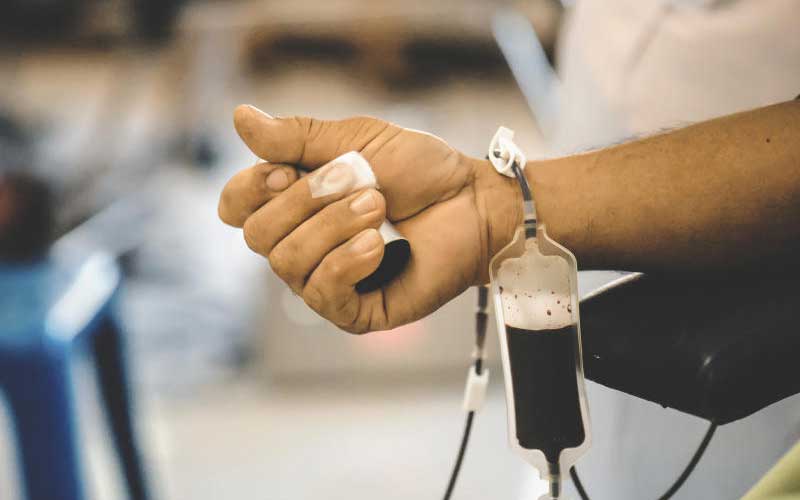×
The Standard e-Paper
Fearless, Trusted News

Imagine that your wife or sister leaves home for hospital to give birth, you have joyously been awaiting this day. Then joy turns into despair as you watch helplessly. She dies from maternal bleeding.